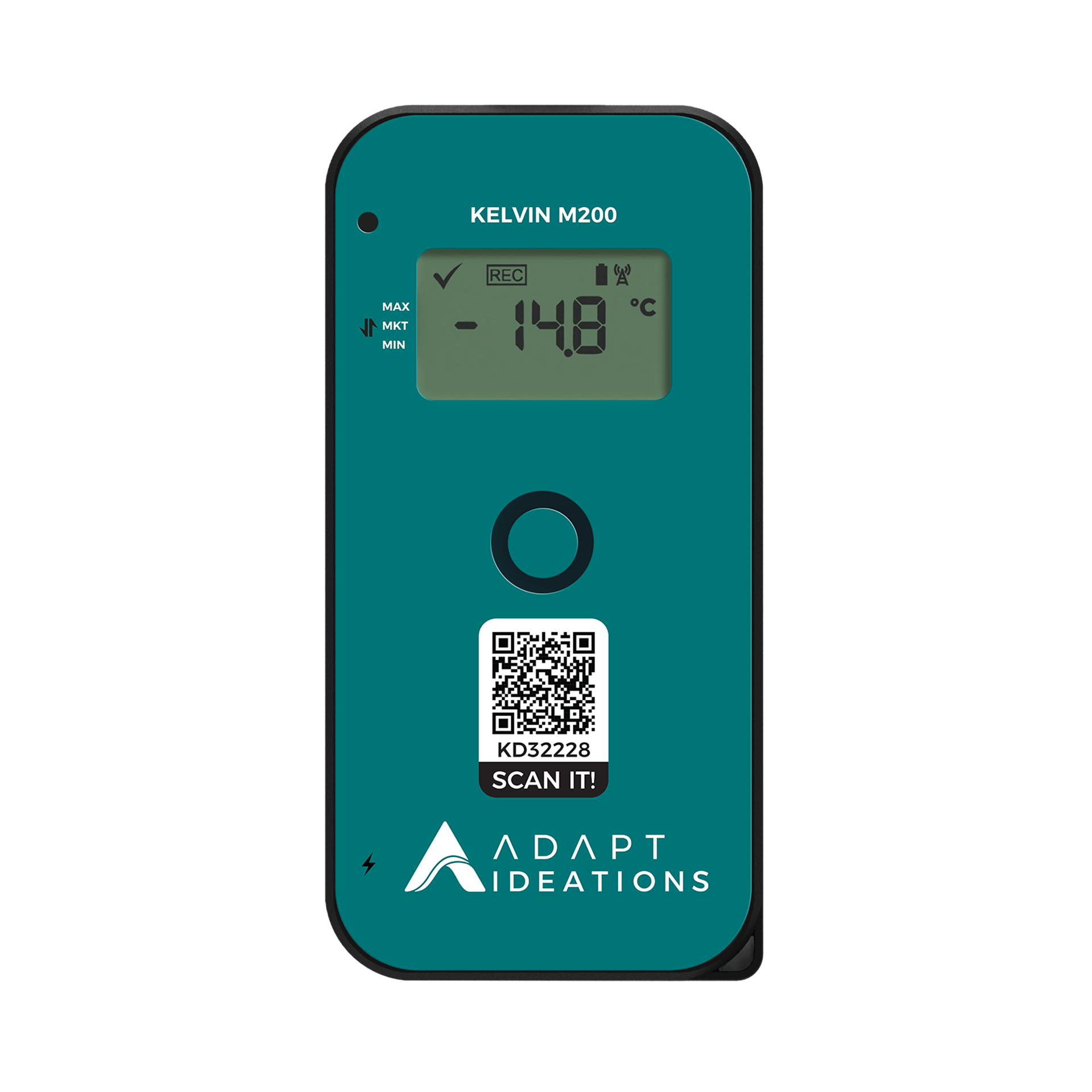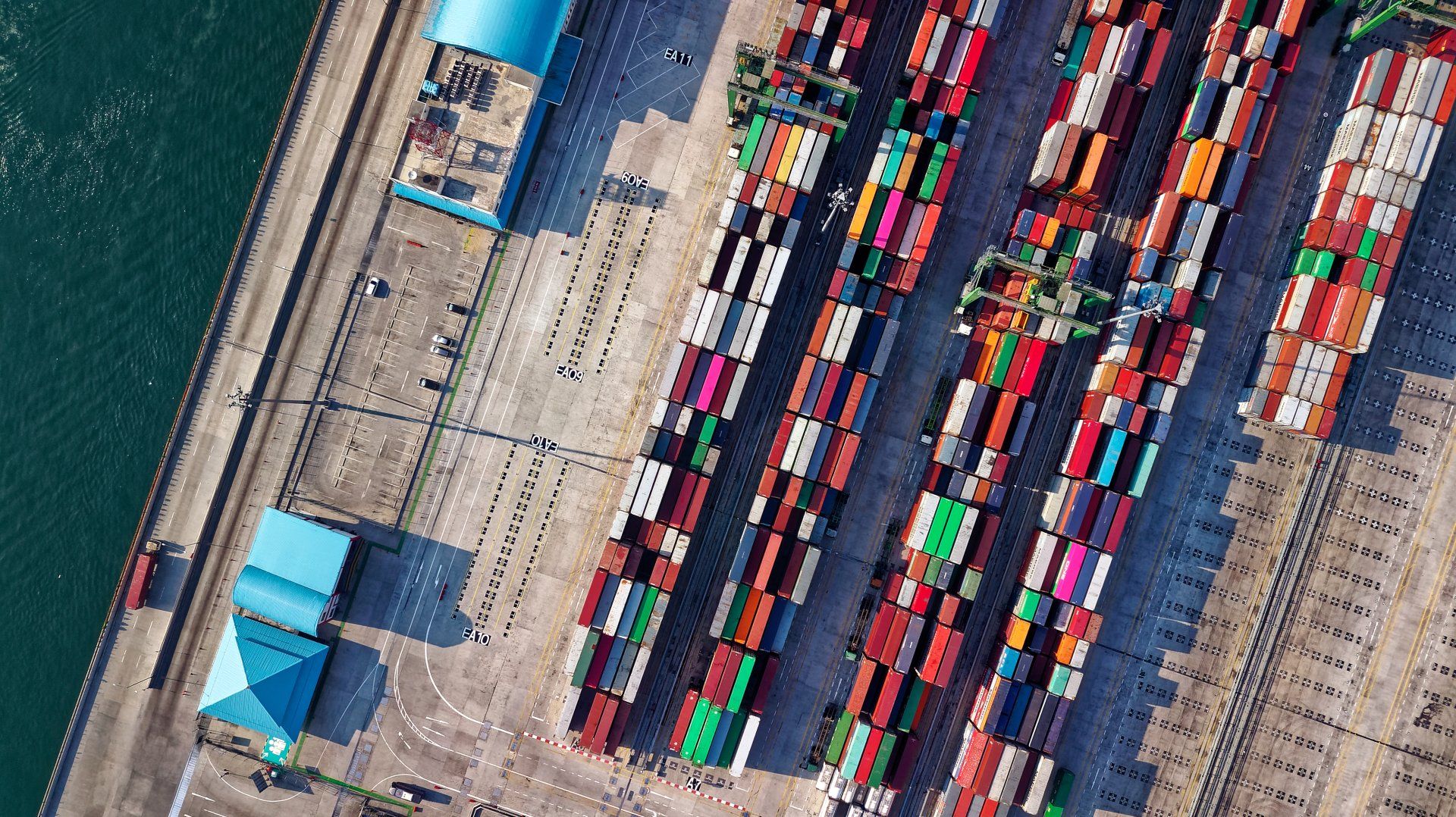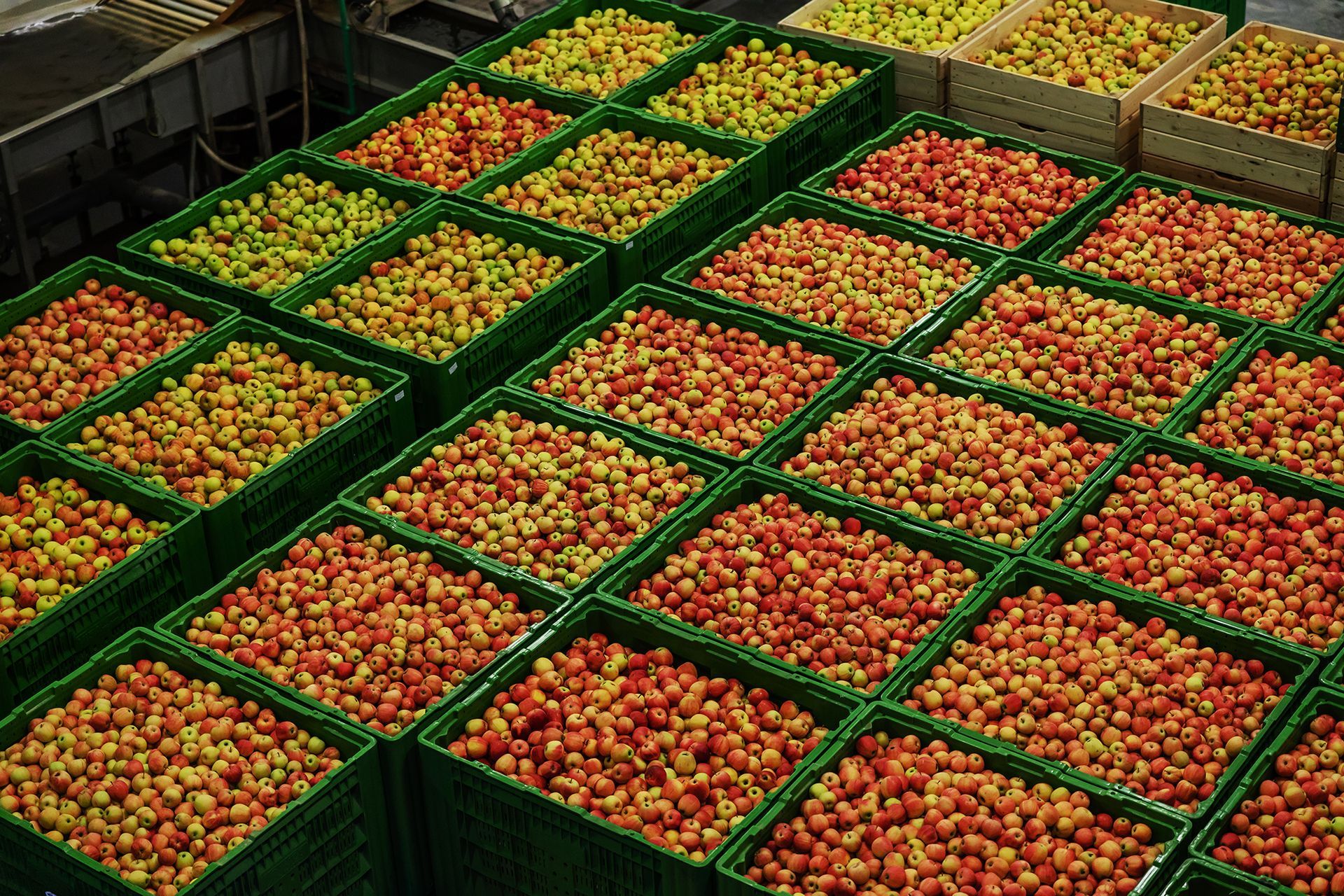Sustainability In The Food & Beverage Cold Chain: A Green Revolution
The journey of that crisp apple, juicy steak, or refreshing glass of milk from farm to table is far more complicated than it may seem. In a world where
a third of global food production goes to waste every year, accounting for a staggering 1.6 billion tonnes, the need for sustainability in the food and beverage cold chain becomes critical.
This delicate process ensures the safe and hygienic delivery of perishable goods from production to consumption. But in our ever-evolving world, sustainability is the buzzword. How do we ensure that our cold chain practices align with the principles of sustainability?
At Adapt Ideations, we are dedicated to this very cause. We provide temperature data logger solutions that streamline the cold chain logistics process, promoting sustainability through innovation. Let's delve into the world of food and beverage cold chain sustainability, where reducing waste is paramount.
Join us on this journey to discover the green initiatives transforming the industry.
Sustainable Practices In The Food & Beverage Cold Chain
A. Reducing Waste In The Cold Chain
Efficient Packaging: The First Line of Defence
One-third of global food production, a staggering 1.6 billion tonnes, goes to waste annually. For tackling this challenge, efficient packaging is the first line of defence. It not only protects the goods but also minimises waste. Sustainable packaging solutions, such as biodegradable materials and smart packaging, help to extend product shelf life.
Reducing Food Loss: A Cost-Efficient Approach
The journey from harvest to retail is filled with risks. A study by the
Food and Agriculture Organization (FAO) in 2019 revealed that 14% of all food waste occurs between harvest and retail, amounting to $400 billion. Sustainable practices, like improved handling and real-time monitoring, can significantly reduce this loss.
B. Energy Consumption Reduction
Innovative Refrigeration Technologies
Innovations in refrigeration technology play a pivotal role in energy consumption reduction. Utilising IoT technology for energy-efficient refrigeration systems can optimise temperature monitoring and control, reducing energy consumption without compromising food quality.
Renewable Energy Sources
Integrating renewable energy sources helps to reduce the carbon footprint of cold chain operations. A sustainable energy mix can lead to long-term cost savings and a greener future.
Consider a pharmaceutical supply chain operation. By implementing sustainable practices such as efficient packaging and renewable energy sources, carbon footprint and operational costs can be lowered.
To achieve real-time visibility, businesses need to incorporate sustainability into their cold chain management strategies. Adapting to eco-friendly practices safeguards the environment and strengthens brand reputation.

Improving The Food & Beverage Cold Chain With Green Initiatives
1. Eco-friendly Transport & Packaging
Efficient packaging solutions help reduce waste by preventing damage and spoilage during transportation. It not only minimises environmental impact but also contributes to cost savings.
Adapt Ideations offers temperature data logger solutions that are instrumental in eco-friendly transport. Our KELVIN IoT devices ensure that products are delivered according to specifications, reducing the risk of spoilage during transit. These empower our customers with the ability of real-time monitoring and helps them understand what factors during transit are not working in their favour.
Read more about - The Impact Of IoT Technology On Cold Chain Management For Food Logistics Providers.
2. Sustainable Supply Chain Practices
By implementing sustainable supply chain practices, businesses can make strides towards reducing their carbon footprint. Using locally sourced products, practising ethical sourcing, and reducing waste in the supply chain can all contribute to sustainability.
Read more about - 7 Sustainable Practices You Must Implement In Cold Chain Logistics.
3. Carbon Footprint Reduction
Reducing carbon footprint is not only an environmental win but also a financial one. By aligning with sustainable practices, businesses can lower operational costs and gain a competitive edge.
4. Collaborative Efforts & Industry Partnerships
Sustainability is a collective effort. Industry partnerships, collaborations, and sharing best practices can pave the way for a more sustainable future.
Read more about - The Collective Effort Of Adapt Ideations in the Meat Supply Chain Sector.

Challenges & Opportunities In Building A Sustainable Cold Chain
A. Identifying Challenges In Building A Sustainable Cold Chain
Creating a sustainable cold chain in the food and beverage industry is a transformative journey, but it is not without its share of challenges. Recognising these obstacles is the first step towards overcoming them:
1. Technological Investments:
One of the primary challenges is the initial financial outlay required to implement sustainable practices in the cold chain. Upgrading to eco-friendly refrigeration systems, investing in real-time monitoring solutions like Adapt Ideations' KELVIN IoT Track and Trace Devices, and adopting advanced packaging techniques can require some investment. However, these investments pay off in the long run through reduced waste, energy savings, and improved efficiency. With a range of solutions in today’s market and the broad types of solutions, many are now cost-effective and affordable for all business sizes to implement, and the benefits of usage can be felt throughout.
2. Changing Consumer Preferences:
Today's consumers are more eco-conscious than ever. They demand transparency about the origins of their food and how it was transported. Meeting these demands while maintaining cost-effectiveness can be a delicate balancing act.
3. Regulatory Compliance:
The cold chain industry operates in a highly regulated environment. Companies must navigate complex regulations, such as FDA's Food Safety Modernization Act (FSMA), Hazard Analysis and Critical Control Points (HACCP), Good Manufacturing Practices (GMP), and environmental regulations. Complying with these standards while reducing waste and energy consumption can be a multifaceted challenge.
4. Supply Chain Complexity:
The food and beverage supply chain is complex, with products often passing through numerous hands before reaching consumers. Ensuring that sustainability practices are consistently applied throughout this network can be complex.
Read more about - Importance Of Food Industry Cold Chain Practices: Why We Need Them.
B. Opportunities For Improvement
However, where there are challenges, there are also abundant opportunities for growth and innovation:
1. Competitive Advantage:
Companies that proactively embrace sustainability gain a competitive edge. They can leverage their commitment to eco-friendly practices as a selling point and attract a growing segment of environmentally conscious consumers.
2. Cost Savings:
While the initial investments in sustainability can be substantial, they often lead to long-term cost savings. Energy-efficient refrigeration, reduced waste, and streamlined logistics can significantly lower operational expenses.
3. Customer Loyalty:
Sustainability practices resonate with consumers. Brands that demonstrate a commitment to the environment tend to foster stronger customer loyalty. In this industry, loyalty can translate into long-term partnerships and repeat business.
4. Reduced Environmental Impact:
By reducing waste, energy consumption, and greenhouse gas emissions, companies contribute to a greener future. This environmental responsibility aligns with global efforts to combat climate change and create a more sustainable world.
The challenges in building a sustainable cold chain are real however opportunities for positive change are much more substantial. By investing in eco-friendly technologies, navigating complex regulations, and prioritising sustainability throughout the supply chain, the food and beverage industry can achieve a more environmentally responsible and economically sound future.
Read more about - How Temperature Data Loggers Benefit The Food & Beverage Industry.
Real-Time Monitoring With Adapt Ideations KELVIN IoT Track & Trace Devices
In today's fast-paced world, real-time monitoring is not a luxury; it's a game-changer. Our KELVIN IoT Track and Trace devices empower your sustainability journey, ensuring that your products remain in pristine condition throughout their journey. With real-time alerts for temperature and other vital metrics, you stay ahead of challenges, reduce waste, and ensure compliance.
Ready to embrace a greener and more efficient cold chain? Elevate your sustainability game with
Adapt Ideations' KELVIN IoT solutions. Enquire now to discover how we can help you achieve real-time monitoring success.
Share Our Post.
Awards & Recognition
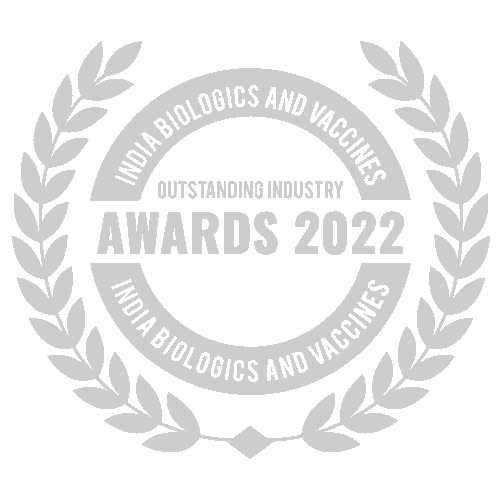
Best Temperature Monitoring Solution Provider
Awarded by India Biologics & Vaccines Outstanding Industry Awards 2022
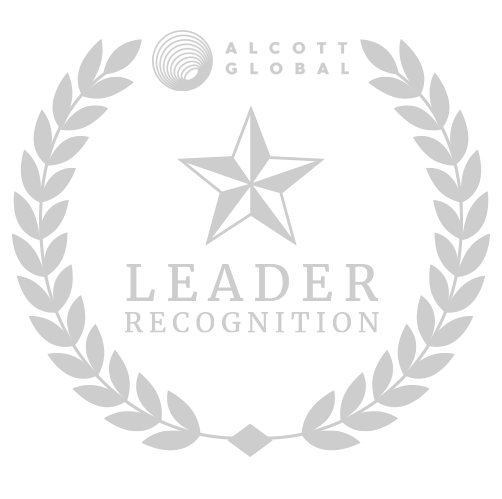
Adapt Ideations Recognised As A Supply Chain Leader
by Alcott Global on Supplify's Supply Chain Tech Map 2.0
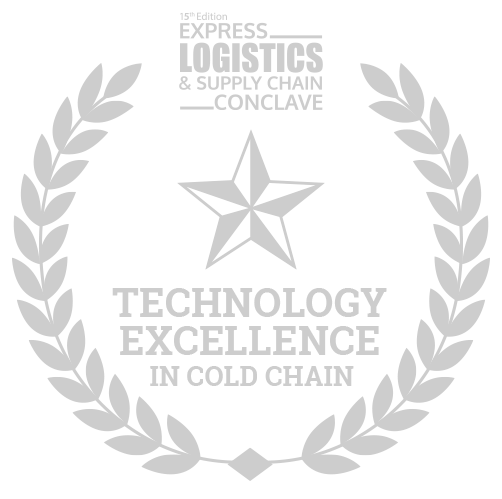
Related Articles.



